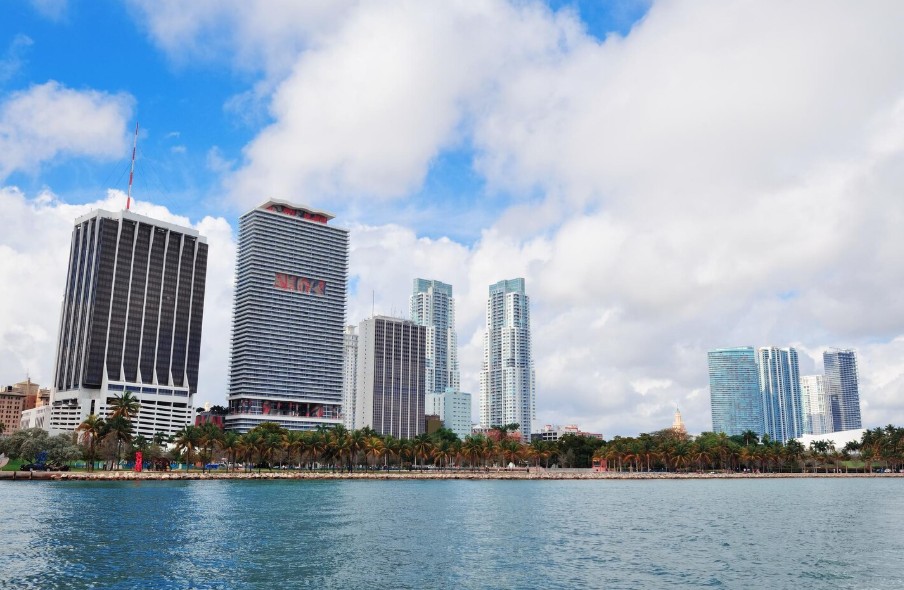With the rise of e-commerce platforms, SaaS providers, and digital services, businesses in the technology sector face various tax obligations in Malaysia. Understanding and complying with Digital Service Tax (DST), Withholding Tax (WHT), Sales & Service Tax (SST), and Corporate Tax is essential for foreign and local e-commerce businesses operating in Malaysia.
At Amaze Advisory, we assist e-commerce platforms, online marketplaces, and tech service providers in navigating Malaysia’s tax regulations to ensure full compliance and avoid penalties.
Need expert tax advice? Contact Amaze Advisory today!
1. Digital Service Tax (DST) for E-Commerce & Tech Providers
What is Digital Service Tax (DST)?
Who is Liable for DST?
- Foreign e-commerce platforms and digital service providers selling to Malaysian users.
- Streaming, SaaS, cloud computing, and online advertising providers.
Examples of Taxable Digital Services
| Category | Example |
|---|---|
| E-commerce platforms | Shopify, Amazon, eBay (if digital services are sold). |
| Online advertising | Google Ads, Facebook Ads, LinkedIn Ads. |
| Software as a Service (SaaS) | Microsoft 365, Adobe Cloud, CRM platforms |
| Streaming & digital content | Netflix, Spotify, Disney+, Coursera, Udemy |
DST Compliance Requirements
- Foreign digital service providers must register with the Royal Malaysian Customs Department (RMCD).
- DST must be collected and remitted quarterly.
- Failure to comply may result in penalties and restrictions on service operations.
2. Withholding Tax (WHT) on Cross-Border Payments
What is Withholding Tax?
Withholding Tax (WHT) is deducted when Malaysian companies make payments to foreign e-commerce or tech service providers for services, royalties, or software.
Who is Liable for WHT?
- Malaysian companies paying foreign tech firms for software licenses, hosting, and advertising.
- Cloud providers, SaaS businesses, and digital content creators receiving payments from Malaysia.
Withholding Tax Rates for E-Commerce & Tech Providers
| Type of Payment | Standard WHT Rate | Applicable to |
|---|---|---|
| Software Licenses & Royalties | 10% | Software providers, patent holders |
| Technical & IT Services | 10% | Cloud computing, IT consulting |
| Interest Payments | 15% | Loan interest paid to foreign lenders |
| Online Advertising Fees | 10% | Facebook Ads, Google Ads |
WHT Compliance Requirements
- Tax must be deducted and remitted to the Malaysian Inland Revenue Board (LHDN).
- Double Taxation Agreements (DTAs) may reduce WHT rates for certain countries.
- Penalties apply for late or non-payment of WHT.
3. Sales & Service Tax (SST) for E-Commerce & Technology Businesses in Malaysia
What is SST?
The Sales & Service Tax (SST) is a consumption tax in Malaysia that applies to certain e-commerce transactions and technology services. Introduced as a replacement for Goods & Services Tax (GST), SST is levied on both sales of goods and provision of services, impacting businesses in the digital and tech sectors.
Who Needs to Register for SST?
Businesses in the e-commerce and technology sector must register for SST if they meet the following criteria:
- E-commerce sellers, SaaS providers, and software developers with an annual revenue exceeding RM500,000.
- Businesses providing taxable services, including IT support, data processing, cloud hosting, and digital marketing.
SST-Taxable Transactions for E-Commerce & Tech Businesses
| Type of SST | Applicable Transactions | Tax Rate |
|---|---|---|
| Service Tax | IT consulting, cloud hosting, managed services | 8% |
| Sales Tax | Hardware, software sold as a physical product | 5% or 10% |
| Sales Tax on Low Value Goods (LVG) | Imported goods valued at RM500 or below | 10% |
Sales Tax on Low Value Goods (LVG) – Key Considerations
Malaysia’s Sales Tax on Low Value Goods (LVG) applies to imported goods valued at RM500 or below, targeting foreign sellers, online marketplaces, and e-commerce platforms.
| Aspect | Details |
|---|---|
| Tax Rate | 10% |
| Threshold for Registration | Annual sales exceeding RM500,000 |
| Goods covered | Imported goods valued at RM500 or below, excluding prohibited/restricted items |
| Who Needs to Register? | Foreign sellers, online marketplaces, and intermediaries meeting the sales threshold |
| Collection & Payment | Registered sellers must charge and remit 10% sales tax to the Royal Malaysian Customs Department (RMCD) |
SST Compliance Requirements
- Register for SST once their annual revenue exceeds RM500,000.
- Submit SST returns bi-monthly to RMCD.
- Ensure timely payments to avoid penalties ranging from RM50,000 – RM500,000.
Need help with SST compliance? Amaze Advisory provides expert tax advisory and compliance support to ensure your business meets Malaysia’s tax regulations.
4. Corporate Tax for E-Commerce & Tech Businesses
What is Corporate Tax?
Corporate tax applies to profits earned by e-commerce and technology businesses in Malaysia.
Corporate Tax Rates
| Non resident companies | 24% |
|---|---|
| SME resident companies* | 15% on the first RM150,000 17% on the next RM600,000, 24% on the remaining taxable income. |
| Non-SME resident companies | 24% |
*Eligibility Criteria for SME resident companies in Malaysia:
This definition ensures that small and medium-sized enterprises (SMEs) in Malaysia benefit from available tax incentives and preferential rates. |
|
- Profits from business activities in Malaysia.
- Rental income, royalties, and dividends from Malaysian sources.
- Foreign-sourced income (subject to conditions).
Tax Incentives for E-Commerce & Tech Startups
- Malaysia Digital Status – 5-10 years tax exemption for tech companies.
- Pioneer Status Incentives – Reduced tax rates for innovative businesses.
- Investment Tax Allowance – Tax deductions for IT infrastructure investment.
Conclusion: Tax Compliance is Essential for E-Commerce & Tech Businesses
E-commerce and technology service providers must comply with multiple tax obligations in Malaysia, including DST, WHT, SST, and Corporate Tax. Staying compliant avoids hefty fines and ensures smooth business operations.
At Amaze Advisory, we provide:
- Expert tax consultation for e-commerce and digital businesses.
- Assistance with DST, WHT, and SST registration and filing.
- Tax planning strategies to optimize compliance and reduce costs.
Get Started with Amaze Advisory Today!
Phone: +6013-284 7678 / +6013-323 7678
Website: www.amazeadvisory.com



